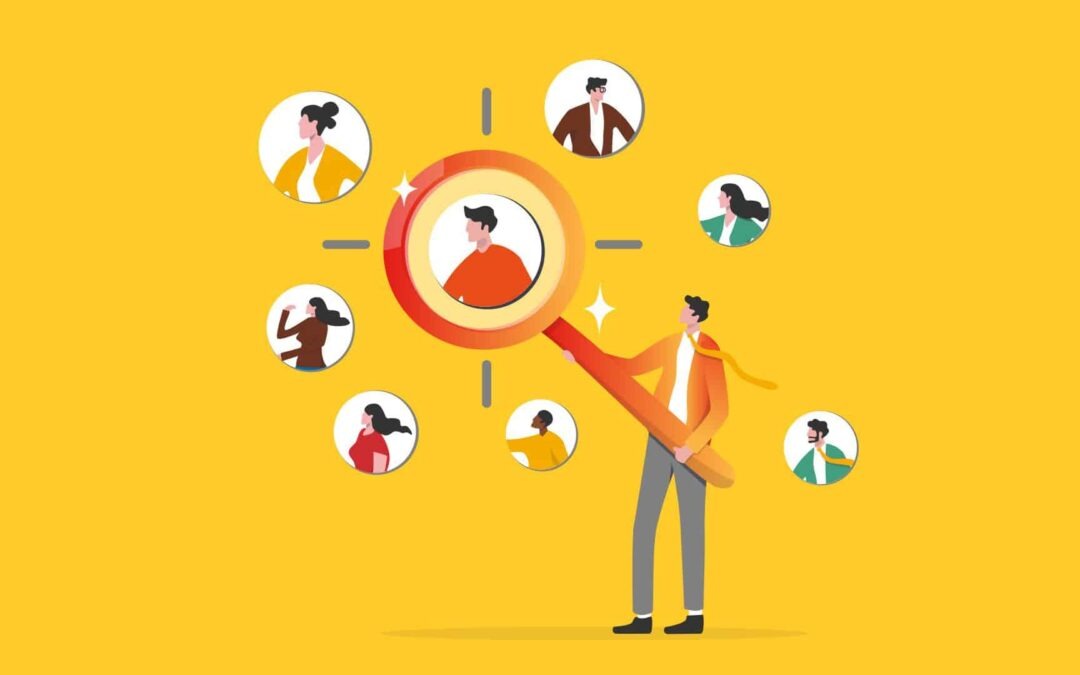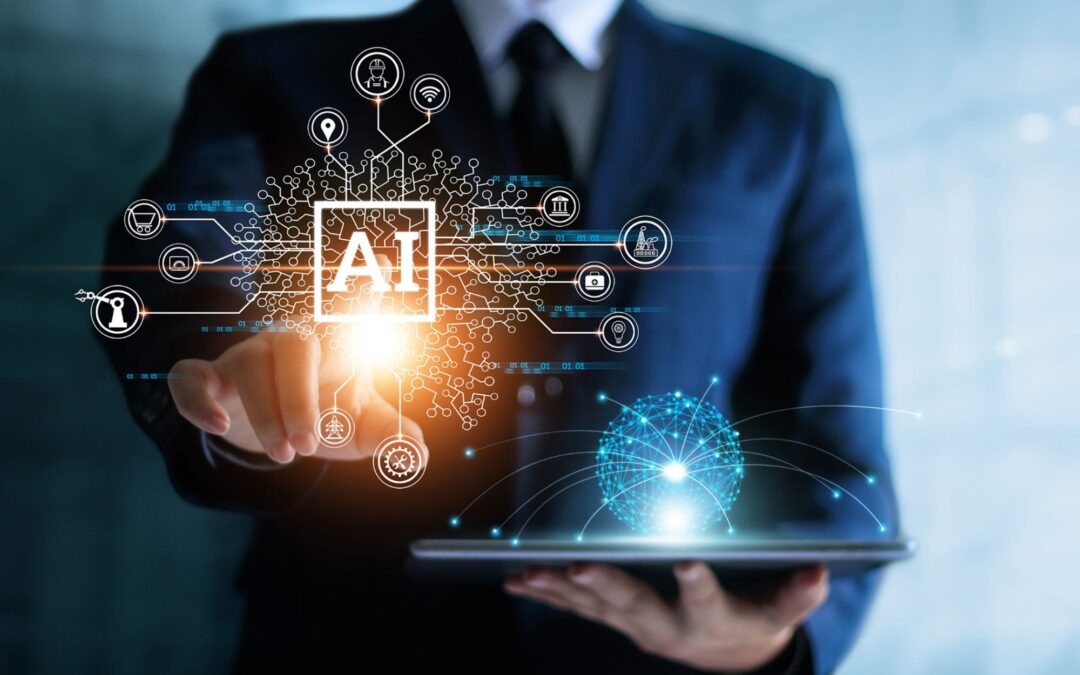Throughout human history, certain breakthroughs have done more than simply improve life incrementally. Instead, they have fundamentally redefined what it means to be human. For instance, the discovery of fire gave us the power to control our environment and survive in hostile conditions. The invention of the wheel unlocked mobility and trade, which connected distant lands and laid the groundwork for early civilizations. In a similar way, the printing press democratized knowledge and ignited revolutions in science, philosophy, and politics. Electricity illuminated the night, powered entire cities, and ushered in the modern age. Later, the industrial revolution mechanized production, scaled economies, and completely restructured the way societies functioned.
Each of these milestones marked the beginning of a new era. They were not merely tools or inventions; rather, they served as turning points in the human journey. They expanded the boundaries of what we thought was possible and set humanity on an entirely new course.
Today, we stand at the threshold of another such transformation: the rise of Artificial Intelligence. This is not just the development of a powerful new technology. More importantly, it is the emergence of a new type of infrastructure, an infrastructure built on intelligence. While previous revolutions enhanced our physical capabilities, AI enhances and scales our ability to reason, learn, and make decisions.
This transformation is already underway. Artificial Intelligence is influencing how we make choices, how we communicate, how we create, and how we interpret the world around us. It is being integrated into our homes, businesses, institutions, and daily routines. In many cases, it operates silently in the background. Nevertheless, its presence is increasingly shaping our lives and decisions.
Despite this rapid integration, we are only at the beginning of the AI era. Just like the revolutions before it, this one brings a mixture of promise and uncertainty. Past revolutions brought wonder and disruption, fear and excitement, resistance and eventual transformation. In the same way, the intelligence revolution is unfolding before our eyes, offering tremendous opportunities but also challenging us to reflect on how we want to shape this future.
Unlike previous eras, however, we are entering this one with our eyes open. We have the benefit of history. We understand the weight of the decisions we make and the systems we choose to create. This awareness brings with it a responsibility to act wisely.
In many respects, Artificial Intelligence is becoming our modern fire, our new wheel, and our digital printing press. The key difference is that this time, we are conscious of its potential from the very start, and what we do next will define the future for generations to come.
1- Historical Milestones: Catalysts of Change
Human progress has never been linear. Rather, it has been shaped by pivotal moments. Breakthroughs that did not simply add convenience to daily life but redefined the very structure of civilization. These transformative periods, often described as technological revolutions, acted as catalysts that pushed humanity into entirely new eras. By understanding the impact of these earlier shifts, we gain perspective on the magnitude of the one we are living through now.
The first of these milestones was the mastery of fire and the development of tools. This achievement, though prehistoric, laid the very foundation for human advancement. Fire extended the day, protected early humans from predators, and allowed for the cooking of food, which in turn improved nutrition and brain development. Tools, shaped from stone, bone, and wood, gave humans the ability to hunt, build, and survive in a wide range of environments. These early discoveries were more than just practical; they marked the beginning of humanity’s control over its environment…a decisive step away from being shaped by nature and toward shaping it.
Thousands of years later, the Agricultural Revolution brought a similarly radical change. Humans moved from a nomadic lifestyle of hunting and gathering to the establishment of permanent settlements. By learning to cultivate crops and domesticate animals, early societies secured a stable food supply. This transition enabled population growth and allowed people to engage in tasks beyond mere survival. With it came the rise of villages, cities, written language, governance, religion, and social hierarchies. In short, agriculture was the starting point for organized civilization as we know it.
Centuries later, the world experienced another seismic shift during the Industrial Revolution of the 18th and 19th centuries. Inventions like the steam engine, spinning jenny, and mechanized loom revolutionized production. For the first time, goods could be manufactured at scale, and economies shifted from agrarian to industrial. Urbanization accelerated as people left rural areas to work in factories. Transportation systems expanded, banking and capital markets grew, and entirely new social classes emerged. However, this revolution also brought harsh working conditions, environmental pollution, and significant social disruption: Complexities that echo in our current moment.
In the late 20th century, we entered the Digital Revolution. The invention of the microprocessor, followed by the personal computer, the internet, and later the smartphone, transformed access to information and communication. Data became the new currency. Geographic boundaries became less relevant as the global economy moved online. People could share knowledge, organize politically, learn new skills, and collaborate in real time, across continents. The digital age didn’t just streamline work; it reshaped education, culture, entertainment, commerce, and even interpersonal relationships.
What each of these revolutions shared was their ability to alter not only what humans could do, but also how they lived, related to one another, and thought about the world. These were not just leaps in technology. They were turning points in our collective consciousness. With each leap forward, we expanded what it meant to be human, while sometimes at great cost, but often with transformative benefit.
Today, as we enter the era of Artificial Intelligence, we must recognize the pattern. What is unfolding is not simply a technological upgrade. It is a civilizational shift. Just as fire, agriculture, industry, and digital communication changed our species, AI is now poised to do the same, this time not by enhancing our physical environment or connecting us through machines, but by replicating and amplifying our cognitive capabilities.
2- The Emergence of Artificial Intelligence
While earlier revolutions focused on expanding our physical reach (allowing us to grow food, build cities, or transmit information across the globe) the current transformation is different in kind. The emergence of Artificial Intelligence marks a shift not in what we can touch or move, but in how we think, decide, and interact. In essence, we are building machines that can mimic and, in some cases, surpass human cognitive functions. This is not merely a technological leap; it is the creation of a new form of infrastructure. One based on intelligence itself.
Artificial Intelligence, often referred to as AI, is a broad field encompassing machine learning, natural language processing, computer vision, robotics, and more. At its core, AI enables systems to analyze data, identify patterns, make decisions, and improve through experience, all without being explicitly programmed for every possible scenario. These capabilities allow AI to perform tasks that traditionally required human judgment, from diagnosing diseases to composing music or interpreting legal documents.
What sets AI apart from past innovations is the speed and scale of its advancement. Whereas the industrial and digital revolutions unfolded over decades (sometimes even centuries) AI has evolved at an astonishing pace in just a few years. This rapid development is largely due to the exponential growth in computing power, access to massive data sets, and advances in algorithmic design. The release of tools like OpenAI’s GPT-4, Google’s Gemini, and deep learning models used in medical and scientific research illustrate how quickly AI is moving from experimental to essential.
Moreover, AI is not a single technology with a defined start and end point. It is a continuously evolving ecosystem, and its applications are multiplying across every sector. Unlike the printing press, which transformed how we consumed information, or electricity, which changed how we lived and worked, AI is poised to influence how we reason, decide, and solve problems…in real time and at scale.
Consider the following: when a person uses a navigation app to avoid traffic, an AI model is already analyzing real-time data from thousands of vehicles and road sensors to suggest the most efficient route. When you shop online, algorithms quietly personalize what you see based on your habits and preferences. When banks detect fraudulent transactions, they rely on AI to flag suspicious behavior before a human even notices.
These examples are just surface-level manifestations of what AI is doing. Behind the scenes, it is already shaping global logistics systems, streamlining supply chains, analyzing financial markets, modeling climate risk, accelerating pharmaceutical research, and even supporting military decision-making. As AI continues to embed itself into the infrastructure of daily life, it will become as ubiquitous as electricity or the internet; something we rarely think about, but rely on completely.
And yet, despite this ubiquity, we are only at the beginning of understanding what this technology means for us. Just as steam engines once seemed miraculous and internet connectivity once felt optional, AI is quietly transitioning from novelty to necessity. What was previously considered futuristic is now everyday reality, and what was once the realm of science fiction is now appearing in hiring tools, medical diagnostics, and creative content.
However, this is not a passive transition. Unlike the revolutions of the past, which unfolded with relatively limited public awareness at the start, this one is happening in full view. We have a rare opportunity to shape its trajectory while it is still developing. This calls for intentional choices, ethical foresight, and a collective understanding that the emergence of AI is not just another step forward, instead it is a turning point that may redefine how we measure intelligence, value labor, and understand what it means to be human.
3- AI’s Pervasive Influence
Artificial Intelligence is no longer confined to research labs or the pages of speculative fiction. It has already become woven into the fabric of our everyday lives, often quietly, sometimes invisibly, but undeniably. Whether we are aware of it or not, AI is shaping our choices, enhancing our conveniences, and altering the way entire industries function. Its influence is not limited to any single domain; instead, it stretches across every sector, redefining what is possible in ways both practical and profound.
In healthcare, AI is accelerating diagnoses and improving patient outcomes. Algorithms trained on vast datasets of medical images can detect diseases such as cancer with astonishing precision, sometimes surpassing human radiologists. Tools like DeepMind’s AlphaFold, which solved a decades-old protein-folding challenge, are revolutionizing the field of drug discovery and biomedical research. In hospitals, AI is optimizing treatment plans, predicting patient deterioration, and assisting in robotic surgeries…all of which contribute to more personalized, data-driven care.
In finance, AI systems are responsible for fraud detection, automated credit scoring, and high-frequency trading. Algorithms monitor transactions in real time, flagging irregular patterns before a human analyst could intervene. Companies like JPMorgan Chase use AI to review complex legal documents in seconds, saving thousands of hours of manual work. Moreover, robo-advisors are reshaping how individuals invest by offering algorithmically curated financial advice, previously only available to those with access to human wealth managers.
In transportation, AI is the brain behind autonomous vehicles and intelligent traffic systems. Self-driving technology, while still evolving, is already being tested and deployed in controlled environments. Meanwhile, AI-driven logistics platforms are optimizing delivery routes for global supply chains, minimizing fuel usage, and reducing carbon emissions. Ride-sharing companies like Uber and Bolt rely heavily on AI to balance supply and demand, set pricing, and match riders with drivers in real time.
In education, AI is transforming how we teach and learn. Adaptive learning platforms assess student performance and personalize lesson plans accordingly, ensuring that learners receive targeted support where they need it most. AI is also being used to automate grading, detect plagiarism, and even support students with disabilities through speech recognition and language translation tools. The promise is not to replace educators, but to equip them with tools that make education more inclusive, efficient, and responsive.
In entertainment and media, AI curates what we watch, read, and listen to. Streaming platforms like Netflix, Spotify, and YouTube use machine learning to predict our preferences, shaping our cultural consumption habits in subtle yet powerful ways. Additionally, generative AI tools now assist in scriptwriting, video editing, and even music composition, ushering in new forms of creativity and collaboration between humans and machines.
In customer service, virtual assistants and AI-powered chatbots handle routine inquiries for banks, airlines, telecom providers, and e-commerce platforms, providing round-the-clock support at scale. Natural language processing models are enabling machines to interpret tone, context, and emotion, making interactions more human-like and personalized. Businesses benefit from reduced operational costs, while customers enjoy faster and more efficient service.
Even in government and policy-making, AI is beginning to play a role. Predictive analytics are being used to identify public health trends, optimize public transportation systems, and improve the delivery of social services. Some countries are even experimenting with AI-assisted judicial analysis to detect patterns in legal decisions and reduce case backlogs, though not without controversy.
What is striking about all of these examples is how seamlessly AI integrates into processes we often take for granted. We ask Siri for the weather, get navigation updates from Google Maps, accept movie recommendations from Netflix, and trust our phones to filter spam calls; All without stopping to consider the layers of intelligence making it all happen.
This quiet integration reflects a deeper shift: AI is becoming infrastructure, not just a tool. Much like electricity or the internet, it is fading into the background of our daily routines while simultaneously transforming them. It is powering decisions, optimizing systems, and predicting behaviors behind the scenes. In doing so, it is becoming foundational to the modern world.
However, this pervasiveness also raises important questions. When decisions are automated, who remains accountable? When personalization becomes prediction, what happens to spontaneity and discovery? And when systems operate so efficiently that they go unnoticed, how do we ensure transparency and oversight?
These questions are not theoretical. They demand thoughtful, collective answers. The influence of AI is already here…it is expansive, fast-moving, and deeply embedded in the architecture of modern life. The challenge now is to ensure that this influence unfolds in ways that are ethical, inclusive, and aligned with our shared values.
From powering our playlists to reshaping entire industries, AI is no longer a tool; it is becoming our new infrastructure. In the second part of this piece, we’ll explore the deeper ethical challenges, economic shifts, and what it will take to guide AI toward a future that serves us all.





